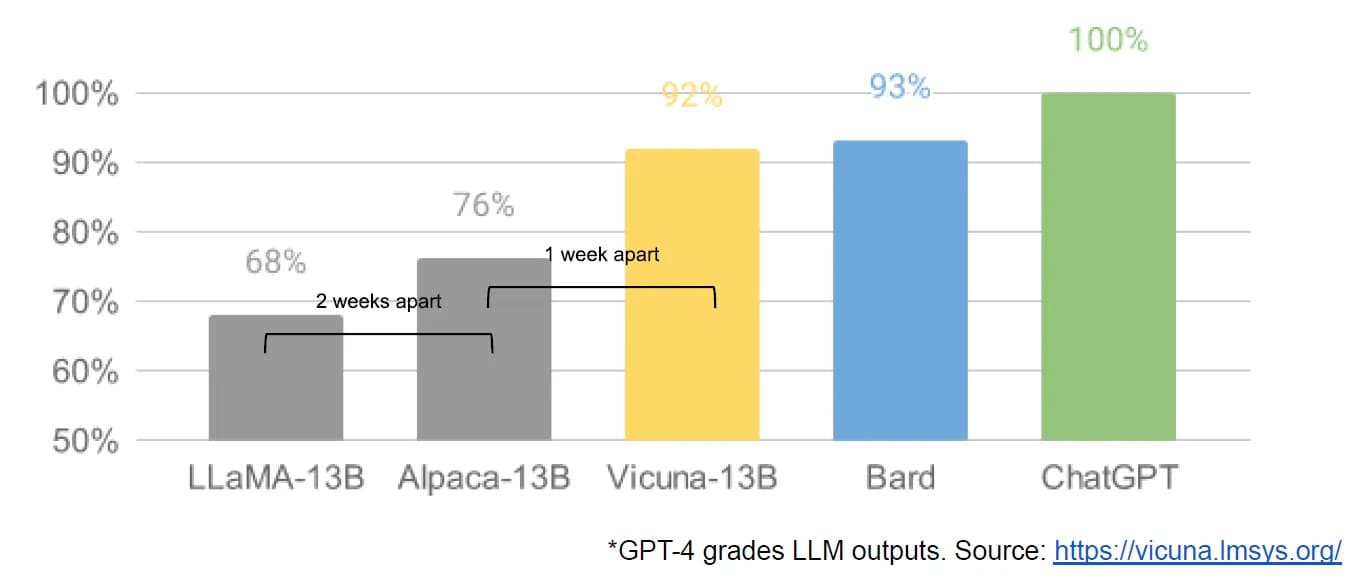Sublime
An inspiration engine for ideas

Responsible AI & tech policy
Rishita Chaudhary • 6 cards

#AIhype take-downs
medium.com
if you don’t have a Black woman on your board, I better not see a Black woman on your billboard.” –Aurora James,
Internally at OpenAI, insiders say that disagreements had emerged over the speed at which Altman was pushing for commercialization and company growth, with Sutskever arguing to slow things down. Sources told reporter Kara Swisher that OpenAI's Dev Day event hosted November 6, with Sam front and center in a keynote pushing consumer-like products was... See more
Benj Edwards • Details emerge of surprise board coup that ousted CEO Sam Altman at OpenAI
America is Sleepwalking Into a Permanent DEI Bureaucracy That Regulates AI
Dean W. Ballpiratewires.com
“I think any work that celebrates women indiscriminately, solely on the merit of their womanhood, is condescending and a cultural liability.”